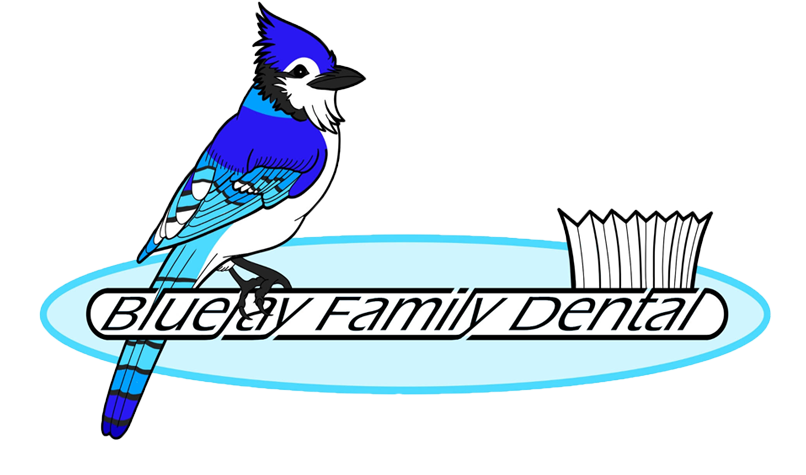
Dental emergencies can happen unexpectedly and often cause panic and confusion. Whether it’s a sudden toothache, a knocked-out tooth, or a broken dental restoration, knowing how to respond immediately can make a significant difference in preserving your oral health and minimizing pain. At BlueJay Family Dental in Council Bluffs, IA, Dr. Steven Fidone stresses the importance of being prepared and informed about the best steps to take during a dental emergency. This knowledge empowers patients to act quickly and effectively while seeking professional care.
Recognizing a Dental Emergency
Not every dental issue requires emergency care, so it’s important to understand what constitutes a true dental emergency. Severe pain, uncontrolled bleeding, a knocked-out tooth, broken or chipped teeth with sharp edges, or injuries to the soft tissues of the mouth all warrant immediate attention. Delaying treatment in these situations can lead to complications such as infection, permanent tooth damage, or increased pain.
Sometimes the signs of a dental emergency are not as obvious. For example, an abscessed tooth can cause swelling, fever, and intense discomfort, all of which need prompt professional care. Dr. Steven Fidone advises patients to err on the side of caution and contact BlueJay Family Dental if they experience any alarming symptoms. Early intervention often results in better outcomes and fewer complications.
Immediate Steps to Take During a Toothache
Toothaches are one of the most common dental emergencies and can range from mild discomfort to severe pain. When a toothache strikes, the first step is to rinse your mouth with warm water to clean the area. Gently floss around the affected tooth to remove any trapped food that might be causing irritation. Over-the-counter pain medications such as ibuprofen can help reduce inflammation and relieve pain temporarily.
Avoid placing aspirin or other medications directly on the gums near the painful tooth, as this can cause tissue burns. If swelling is present, applying a cold compress to the outside of your cheek may reduce discomfort. It’s important to contact Dr. Steven Fidone at BlueJay Family Dental promptly, even if the pain subsides, to diagnose and treat the underlying cause before it worsens.
Handling a Knocked-Out Tooth
One of the most alarming dental emergencies is when a tooth is completely knocked out due to trauma. Acting quickly can save the tooth. First, find the tooth and handle it carefully by the crown (the chewing surface), avoiding touching the root. If the tooth is dirty, rinse it gently with water but do not scrub or remove any attached tissue fragments.
The best chance to save the tooth is to try to reinsert it into the socket immediately if you feel comfortable doing so. If reinsertion is not possible, place the tooth in a container with milk or a tooth preservation solution. Avoid storing the tooth in plain water as it can damage the root cells. Call BlueJay Family Dental immediately for emergency care. Dr. Steven Fidone will provide the necessary treatment to attempt reattachment and reduce the risk of permanent tooth loss.
Managing Broken or Chipped Teeth
Broken or chipped teeth can vary from minor cosmetic issues to serious damage involving the nerve or tooth structure. If you experience a chipped tooth, rinse your mouth with warm water to clean the area and save any broken pieces. If there is bleeding, apply gentle pressure with a clean cloth or gauze until it stops.
Avoid chewing on the affected side to prevent further damage or pain. If the tooth is sharp or jagged, covering the edge with dental wax or sugarless gum can protect your tongue and cheek until you receive treatment. Contact Dr. Fidone at BlueJay Family Dental as soon as possible, as timely repair can prevent infection and restore the tooth’s function and appearance.
Soft Tissue Injuries in the Mouth
Injuries to the lips, cheeks, tongue, or gums often accompany dental trauma. These injuries can bleed heavily and be painful but are usually less serious than damage to the teeth. To manage soft tissue injuries, rinse your mouth gently with warm water and apply pressure with a clean cloth to control bleeding.
Cold compresses can reduce swelling and discomfort. Avoid disturbing any clots that form, as they are essential for healing. Seek emergency dental care if bleeding persists, the injury is deep, or if there are signs of infection such as pus or increased pain. Dr. Steven Fidone and the team at BlueJay Family Dental are trained to manage soft tissue injuries effectively and prevent complications.
When to Visit BlueJay Family Dental for Emergency Care
Not all dental issues can wait for a routine appointment. It’s crucial to recognize when immediate professional care is necessary to save teeth and prevent complications. At BlueJay Family Dental in Council Bluffs, IA, Dr. Fidone offers emergency dental services to promptly address serious dental problems.
Patients should call immediately if they experience symptoms such as severe pain unrelieved by medication, persistent bleeding, a knocked-out tooth, swelling that affects breathing or swallowing, or trauma resulting in tooth or jaw damage. Early treatment can prevent the need for more extensive procedures and improve recovery outcomes.
Resources
American Dental Association. (2023). Managing Dental Emergencies. ADA Journal.
Clarkson, J. E., & Worthington, H. V. (2019). Emergency Dental Care: Immediate Management of Dental Trauma. British Dental Journal.
Murray, P. E., & Garcia-Godoy, F. (2020). Treatment of Traumatized Teeth: Preservation and Restoration. Journal of Endodontics.
